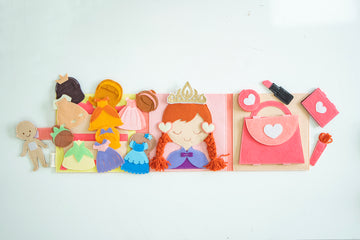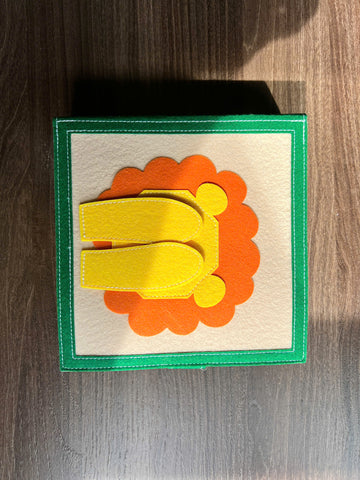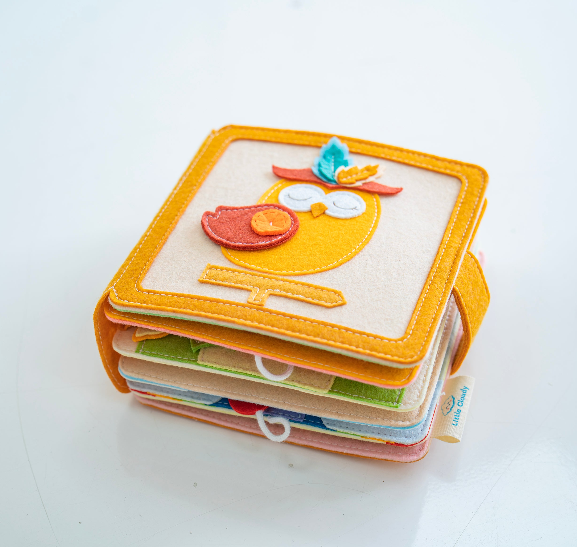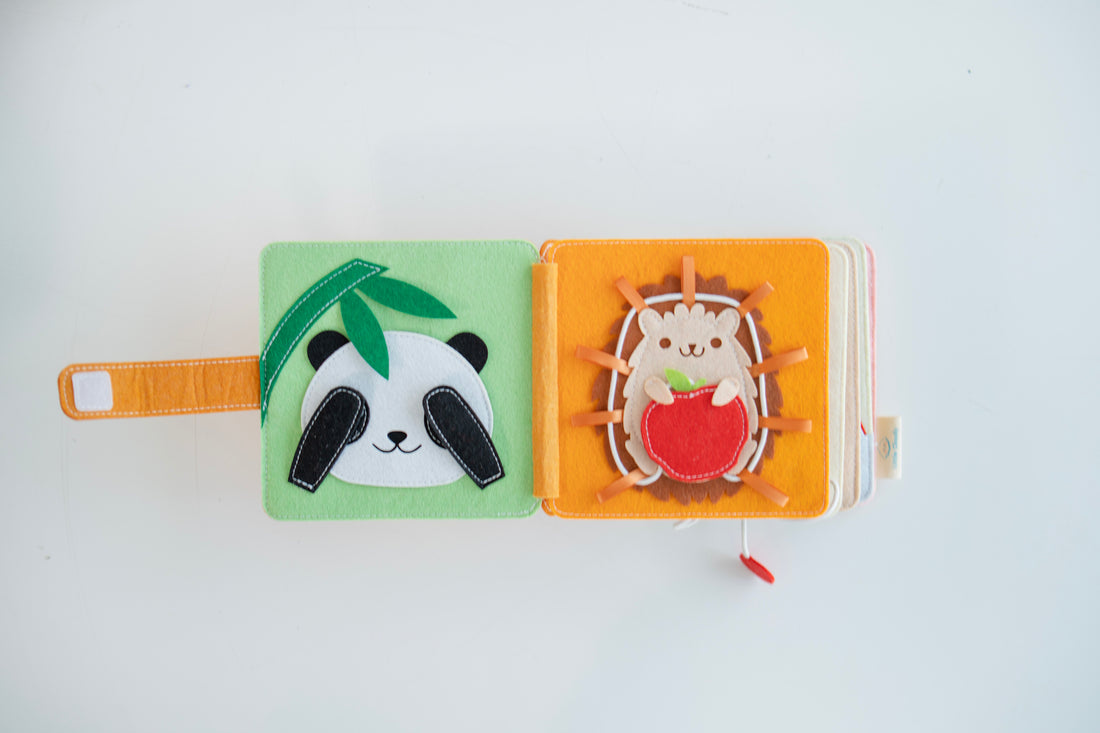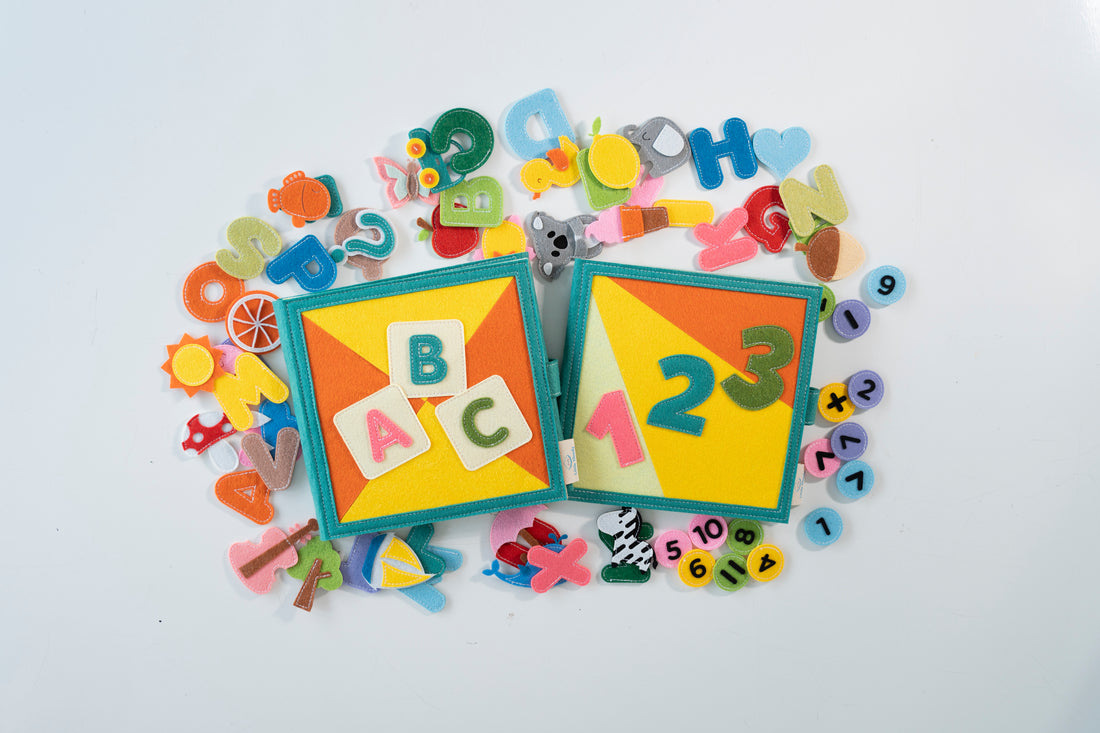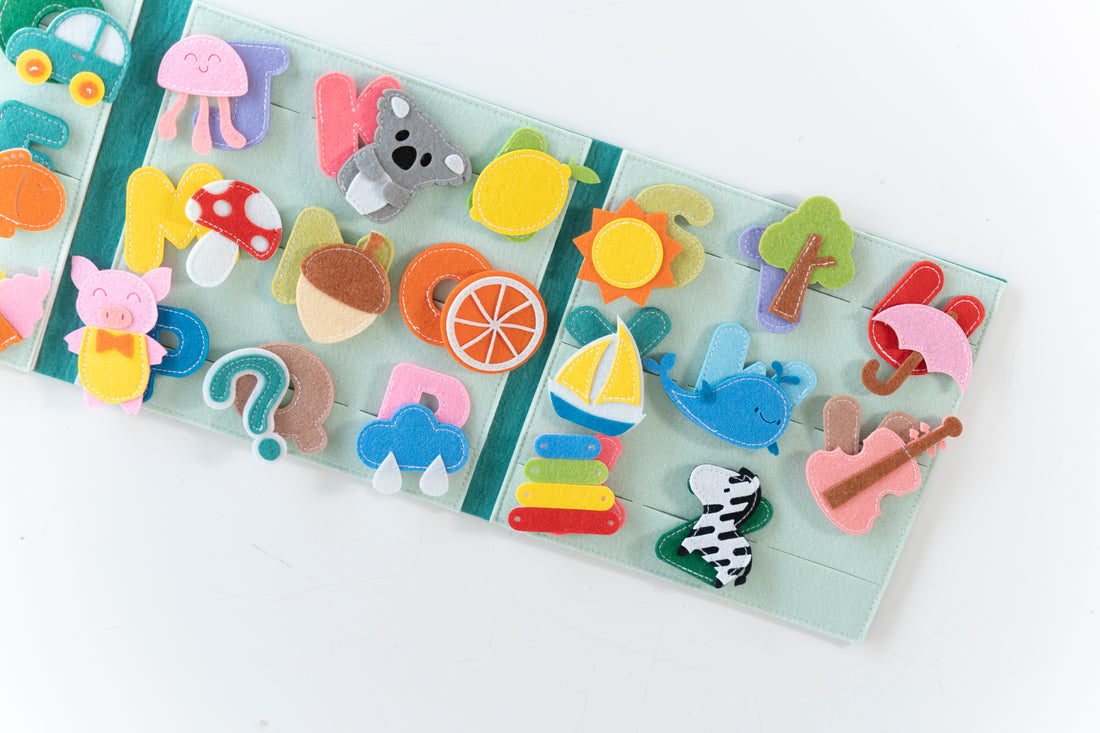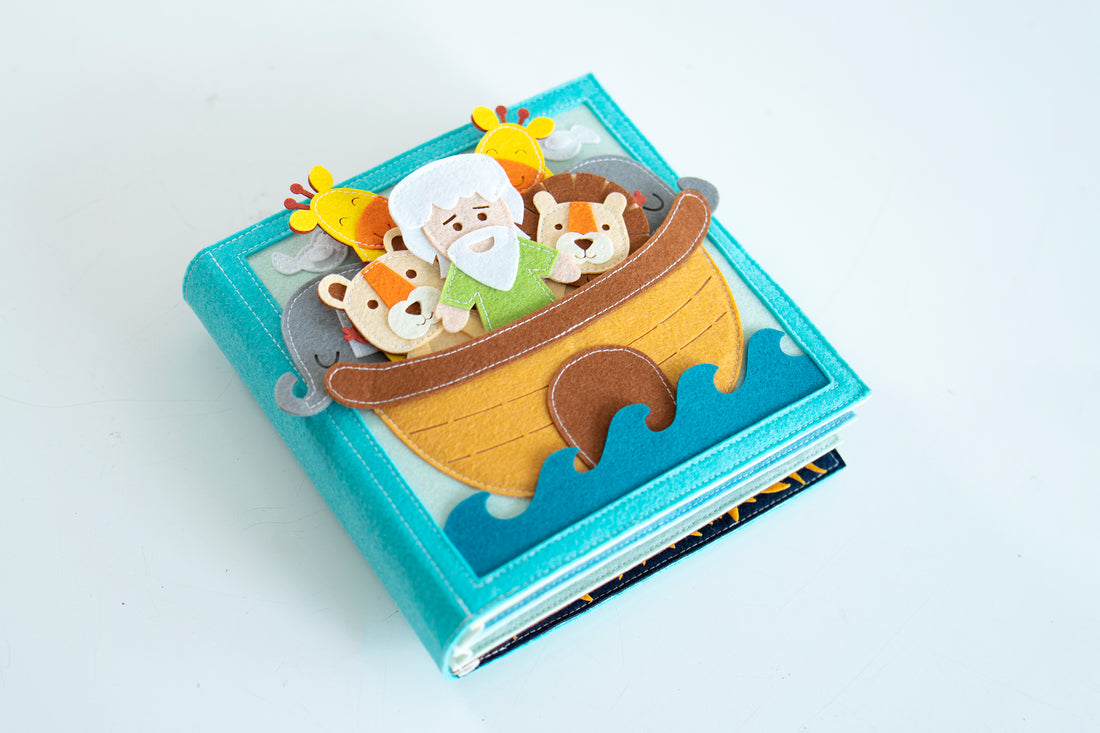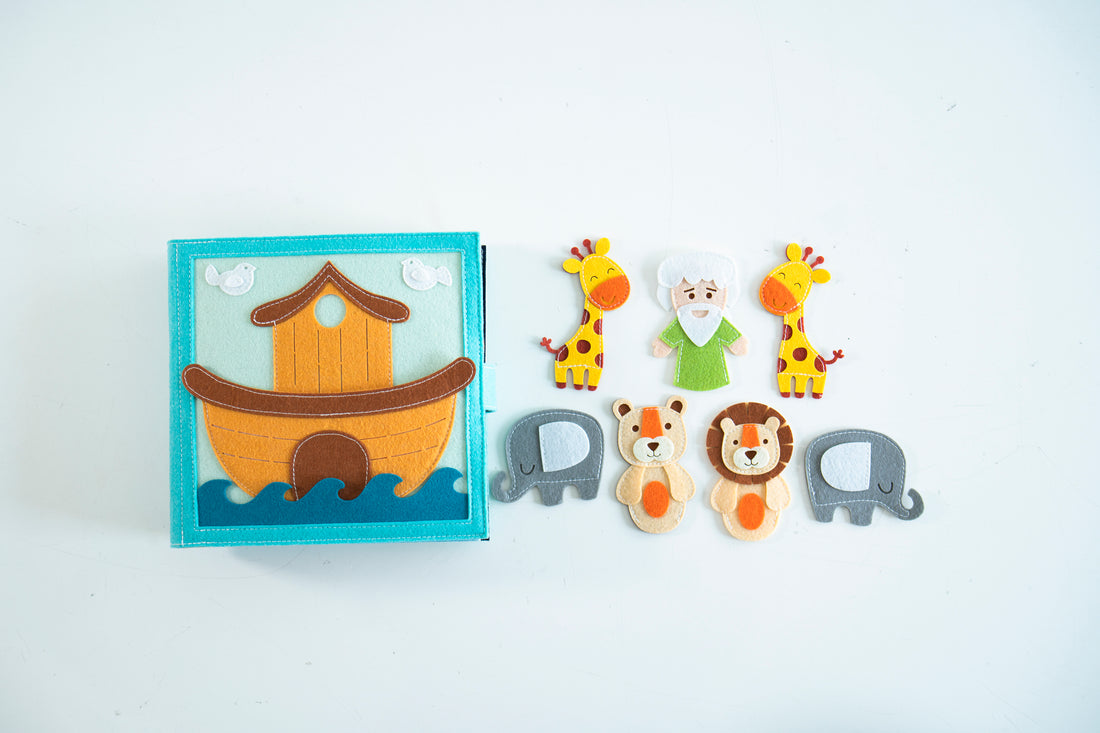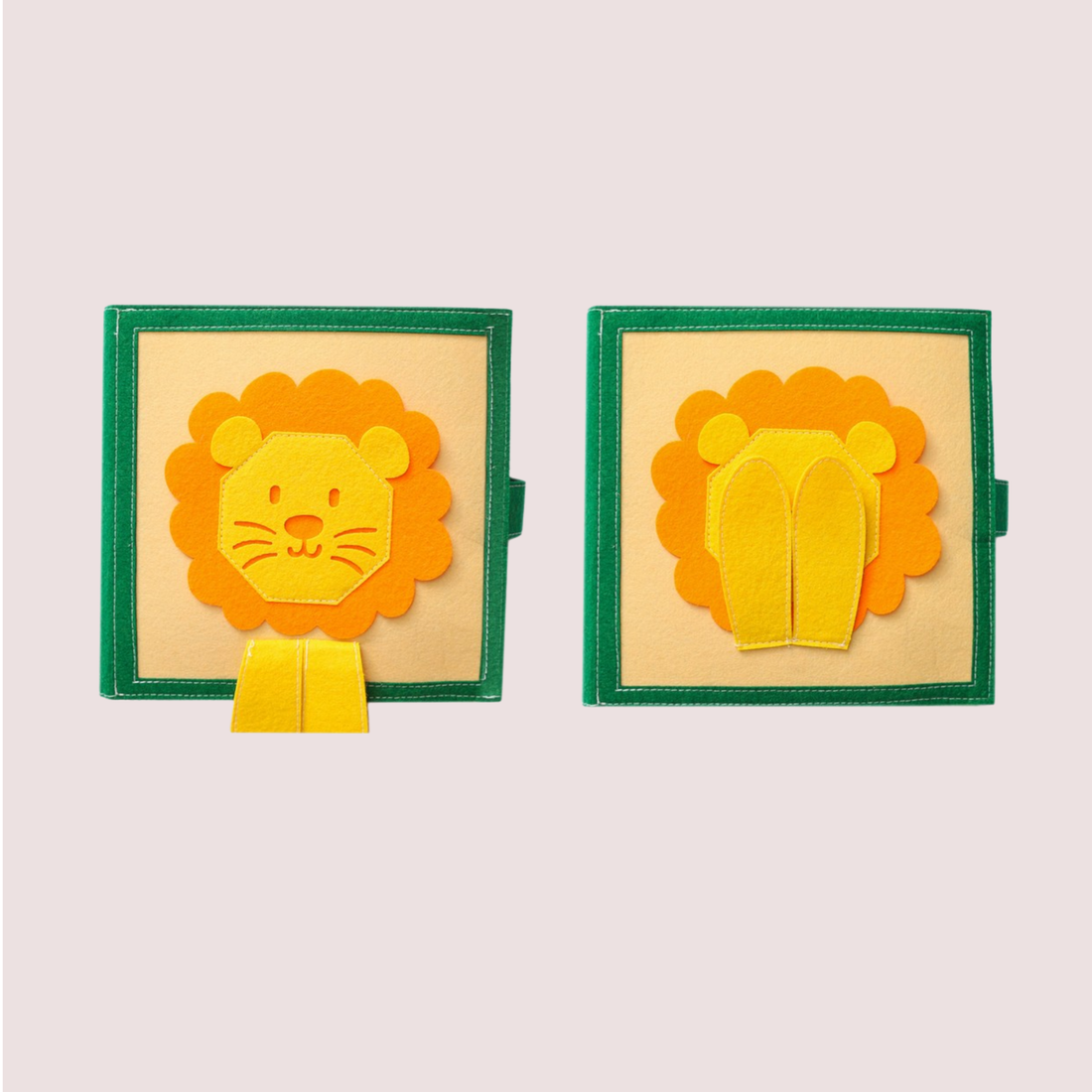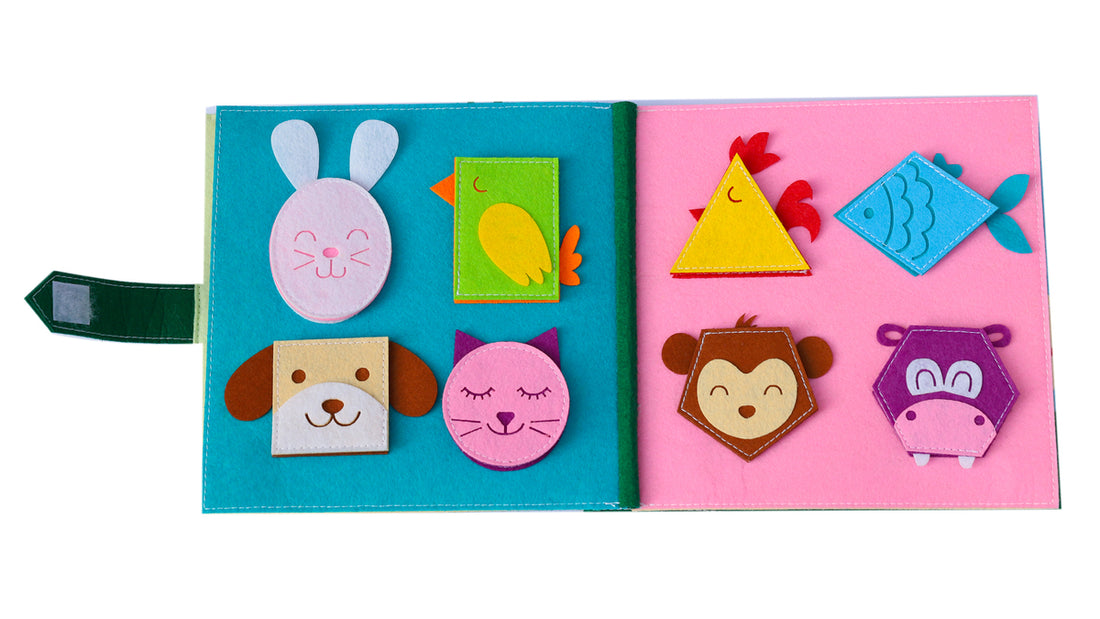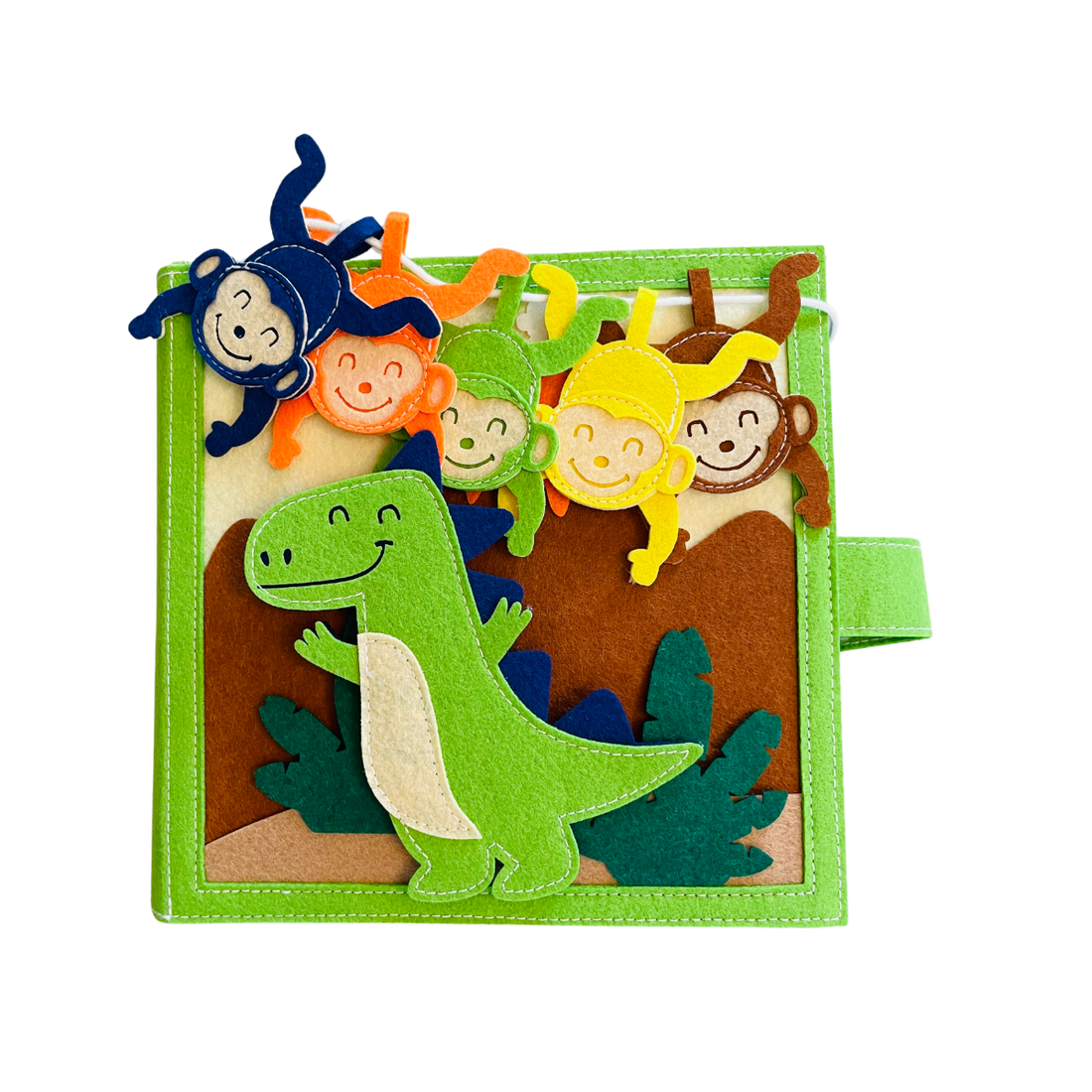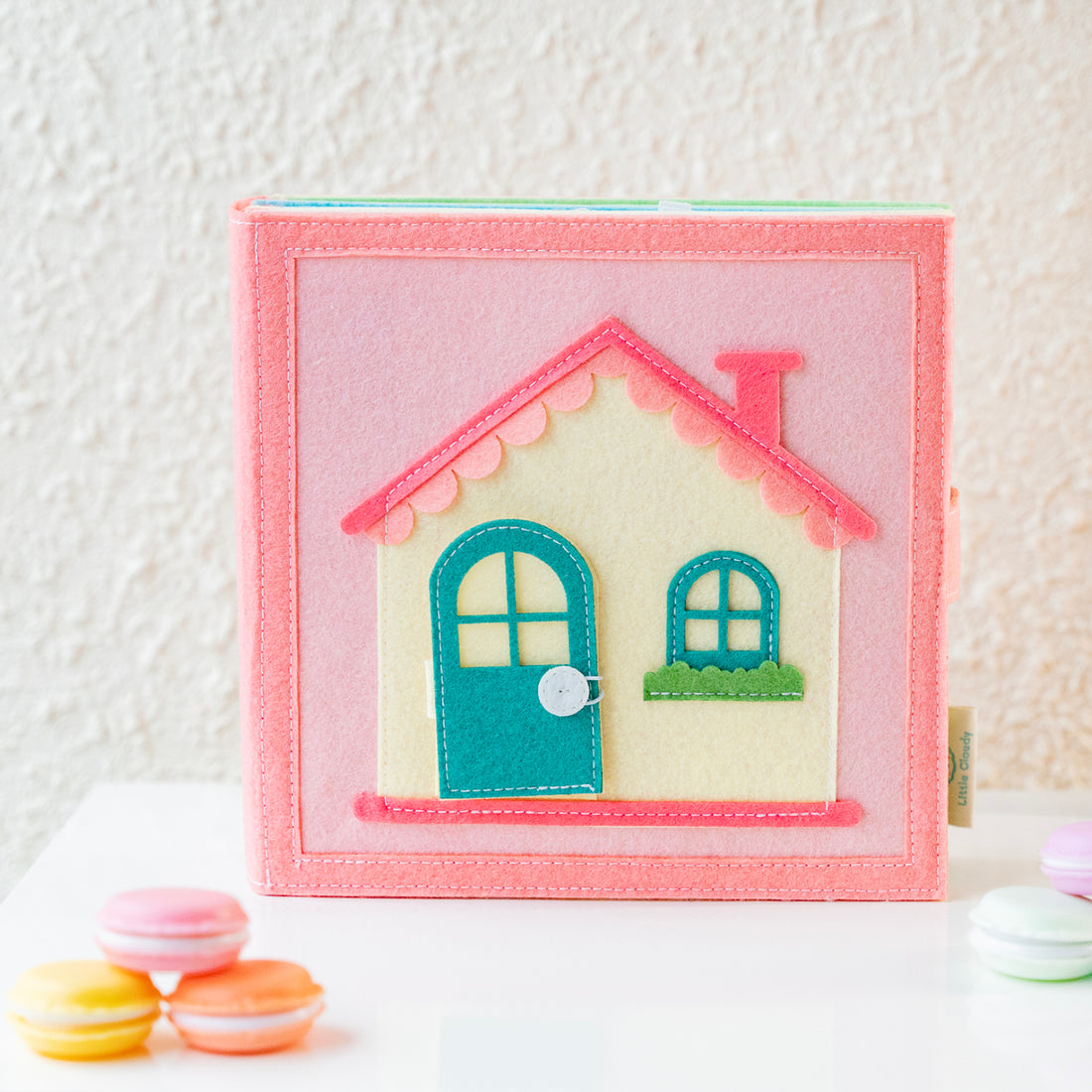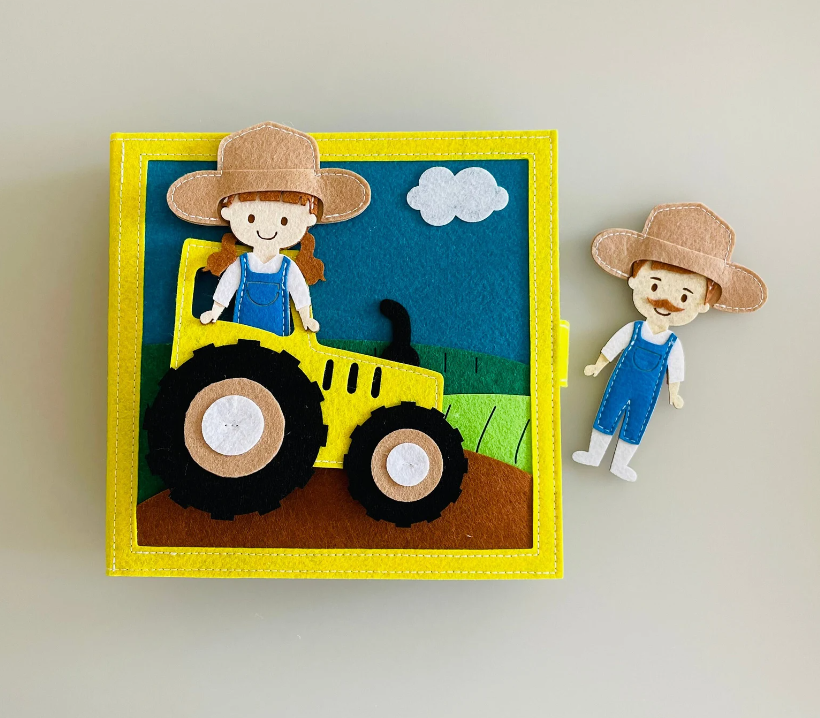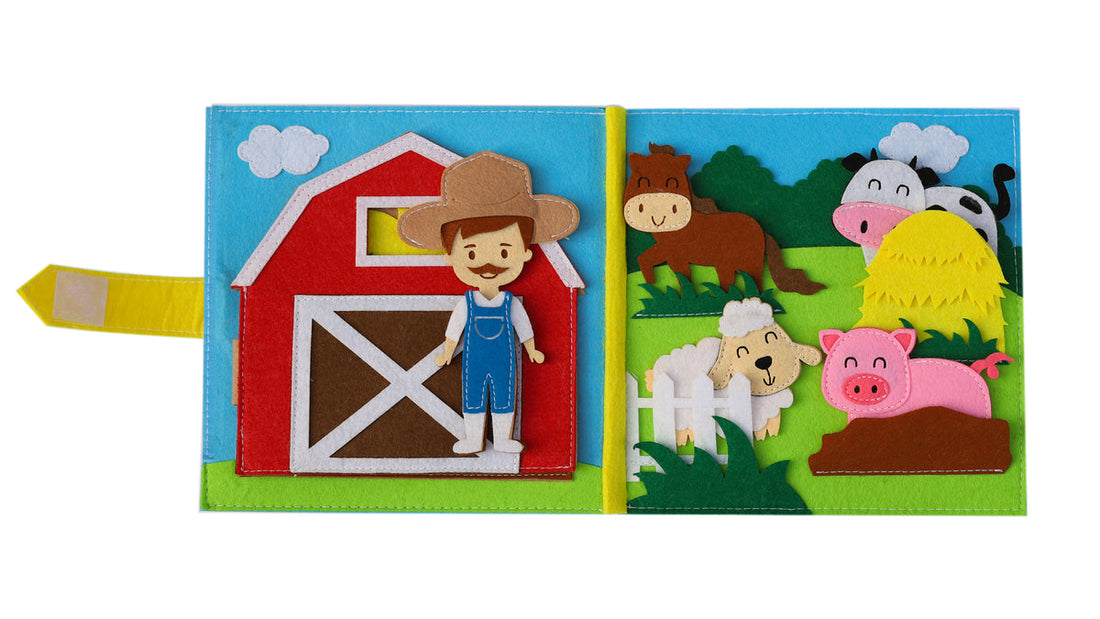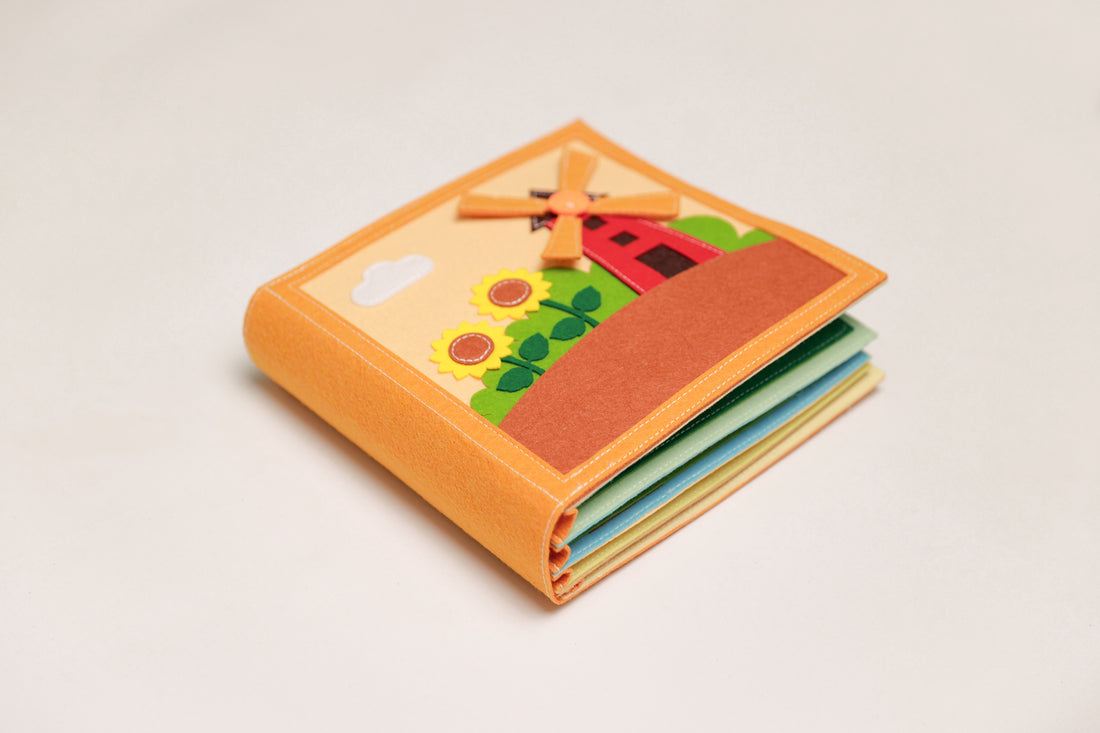In it, you'll understand why these skills are crucial, learn techniques to enhance them, and dive into fun activities.
You'll also find inspiring success stories.
Let's embark on this exciting journey to foster your child's development.
Understanding Fine Motor Skills
While you may have heard the term before, it's crucial that you fully understand what fine motor skills are in order to grasp the breadth of their importance in daily life. Fine motor skills involve the use of your smaller muscle groups, specifically in your hands, fingers, and wrists. You use them for tasks like writing, buttoning your shirt, or holding a spoon.
They're not just important for daily tasks, they're essential for jobs that require precision like surgeons or artists. Without fine motor skills, you wouldn't be able to do the simplest tasks. So, don't underestimate the importance of these skills - they're a critical part of living a functional, independent life.
Importance of Fine Motor Development
Now that you've gotten a grip on what fine motor skills are, let's delve into why their development is so vital. Fine motor skills play a crucial role in your child's cognitive and physical growth. They aren't just about holding a pencil or buttoning a shirt. They're about independence, self-esteem, and academic success.
When these skills are honed, your child can perform tasks like writing, cutting, and eating on their own. It leads to increased self-confidence and boosts their learning capabilities. More importantly, refined motor skills are fundamental for school readiness. They allow kids to stay focused on learning rather than struggling with basic tasks.
Techniques to Enhance Fine Motor Abilities
Understanding the importance of fine motor skills, you're likely eager to learn practical techniques to enhance these abilities in your child's day-to-day life.
Start with something simple, like teaching your child to button or zip their own clothes. This not only boosts their confidence but also improves their dexterity.
Encourage them to play with building blocks or engage in craft activities, like cutting and gluing, which strengthen their hand muscles and coordination.
Incorporate playdough into their routine to develop hand strength and creativity. Remember, it's not about perfection, but progress.
Be patient and positive, consistently praising their efforts. By incorporating these techniques into your child's daily activities, you'll foster their fine motor skills development, setting them up for success in the future.
Activity Ideas From 'Fine Motor Skills Book
In the next section of the 'Fine Motor Skills Book', you'll find a plethora of activity ideas to further enhance your child's fine motor abilities. These activities are designed to be fun, engaging, and beneficial for your child's development.
They range from crafting activities such as bead threading and origami, to board games that require precision like operation or Jenga. Encourage your child to participate in cooking activities; kneading dough, stirring ingredients, and cutting soft foods can greatly improve motor skills.
Outdoor activities aren't overlooked either. Gardening, for instance, can help them get their little fingers working. Remember, repetition is key in mastering these skills. So, don't shy away from repeat activities. Your child's progress might surprise you.
Case Studies and Success Stories
After trying out these activity ideas, you'll be thrilled to dive into real-life case studies and success stories that demonstrate the incredible progress children can make when practicing fine motor skills regularly.
Consider the case of little Timmy, who struggled with basic tasks like holding a pencil or buttoning his shirt. With consistent practice using the activities in this book, his skills improved tremendously.
Or the story of Sarah, a shy girl lacking confidence due to her poor motor skills. Within months of engaging in these targeted activities, she's now a vibrant, confident child.
These stories aren't outliers. They're shining examples of what's possible when you employ focused, regular practice to develop a child's fine motor skills. Remember, patience and persistence are key.
Frequently Asked Questions
Who Are the Authors of the 'Fine Motor Skills Book'?
You're asking about the authors of a certain book. Unfortunately, without knowing the exact title, I can't provide precise details. There are many books on motor skills, each written by different authors.
Can the 'Fine Motor Skills Book' Be Used for Children With Special Needs?
Absolutely, you can use it for children with special needs. It's designed to enhance dexterity and coordination. It's valuable for all kids, but especially those needing extra support to develop their motor skills.
Is the 'Fine Motor Skills Book' Available in Different Languages?
Yes, it's indeed available in various languages. This ensures you can access it in a language that suits you best, thus broadening its reach and making it more useful to a larger, diverse audience.
Where Can I Purchase the 'Fine Motor Skills Book'?
You're looking for a place to buy a book, right? You can find books online on e-commerce platforms like Amazon or in physical bookstores. For specific titles, it's best to check the publisher's website too.
Are There Any Discounts or Special Offers Available for the 'Fine Motor Skills Book'?
You're asking about potential discounts or special offers. Often, these depend on the retailer. It's best to check their website, sign up for newsletters or contact customer service to inquire about current deals.
So, you've journeyed into the world of fine motor skills, understanding their importance and techniques to enhance them.
You've explored engaging activities from the 'Fine Motor Skills Book' and seen real success stories.
Remember, developing these skills is a gradual process, not a race. Be patient, persistent, and celebrate each milestone.
Keep this knowledge handy, it's your guide to fostering fine motor development in a fun, effective way.
You're doing great!

